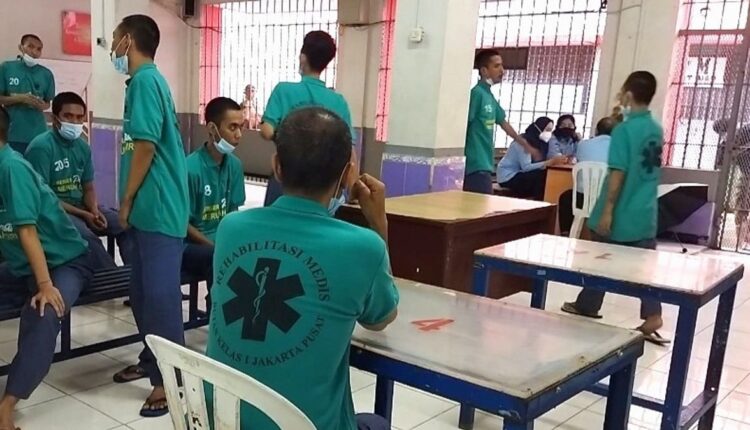Effective Rehabilitation Prevents Drug Abuse
JAKARTA – Drug abuse remains a major challenge in Indonesia, despite ongoing prevention efforts. One of the main steps considered most effective in dealing with this problem is the rehabilitation program, which has been proven to provide significant results in helping drug abusers recover.
Throughout 2024, the National Narcotics Agency (BNN) has successfully rehabilitated thousands of individuals through various rehabilitation facilities, while at the local level, Ciamis Regency also focuses on preventing and mapping drug-prone areas.
At the end of 2024, the Head of the Ciamis BNNK, Yaya Suriadijaya, emphasized the region’s commitment to prioritizing drug rehabilitation and education programs on the dangers of drugs.
In an event attended by various agencies and media, Yaya revealed that although no drug cases had been successfully uncovered by his party during this year, his party remained committed to preventing drug trafficking by prioritizing rehabilitation efforts.
“We believe that prevention and rehabilitation are much more effective in creating a drug-free environment,” said Yaya.
Rehabilitation is not only a focus at the local level, but also a national priority. The Head of the Indonesian National Narcotics Agency, Commissioner General Marthinus Hukom, revealed that the National Narcotics Agency had rehabilitated 12,204 drug abusers throughout 2024, out of a total of 39,252 individuals who accessed rehabilitation services in Indonesia. ‘
“Rehabilitation is the best option to deal with drug abuse problems so that abusers can return to being physically and mentally healthy people, and productive in the midst of society,” said Marthinus, emphasizing the importance of recovery in drug prevention efforts.
In an effort to improve the quality of rehabilitation services, BNN is strengthening existing rehabilitation facilities. By 2024, 216 BNN-owned rehabilitation facilities and 649 partner facilities have met the Indonesian national standard (SNI).
In addition, BNN also expanded the reach of rehabilitation services by encouraging the formation of 418 community-based intervention service units (IBM) in various regions, involving 2,217 recovery agents. This aims to make early handling of drug abusers more effective, especially for those who are still in the trial category.
Rehabilitation efforts carried out by the BNN, both at the national and local levels, increasingly demonstrate the importance of collaboration between the government, society, and various related parties in creating an environment free from drug abuse.
As more rehabilitation facilities meet standards, it is hoped that more individuals will be able to gain access to higher quality recovery.
This proves that rehabilitation not only cures, but also prevents relapse, giving hope to drug abusers to return to living healthier and more productive lives.
